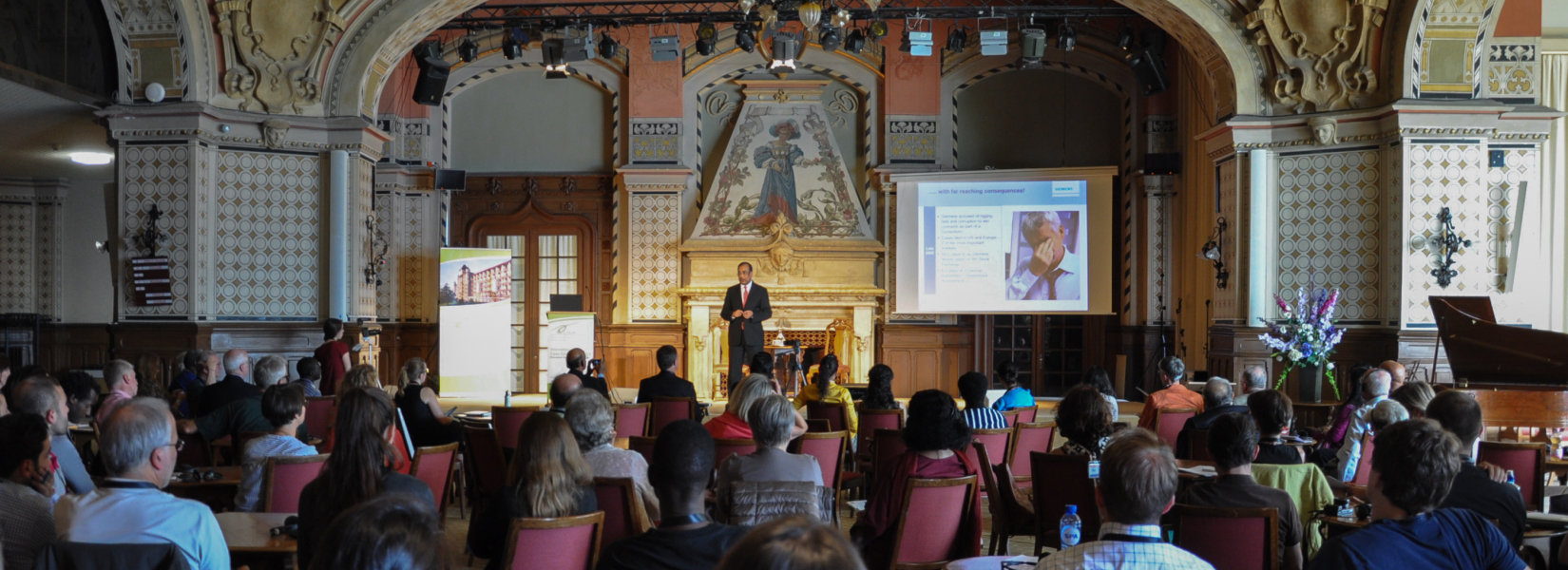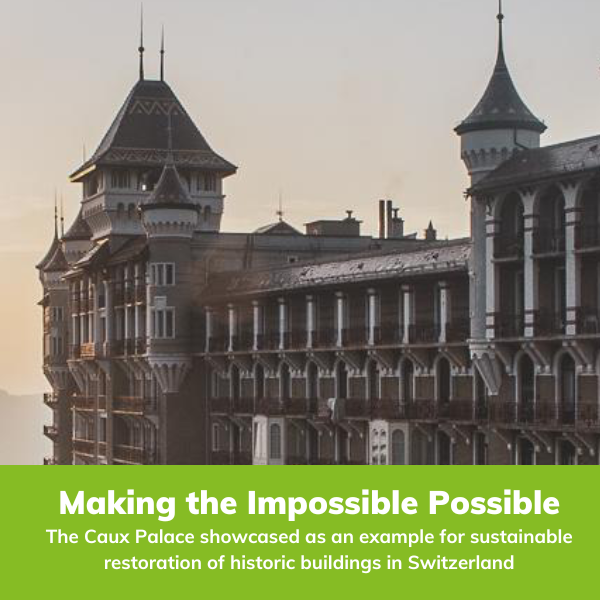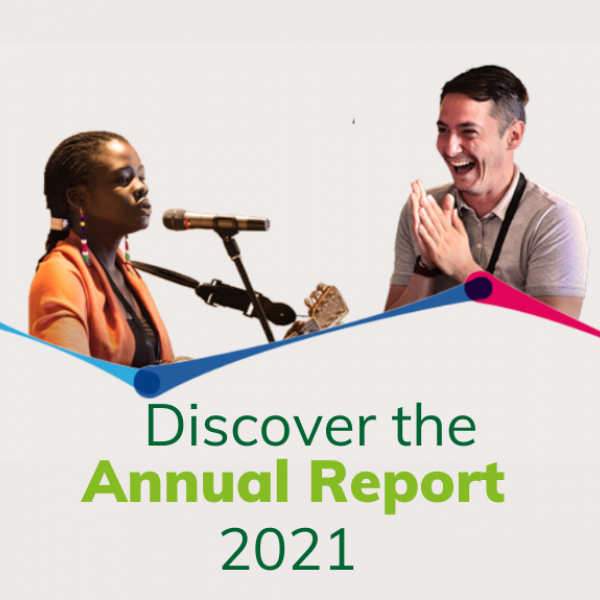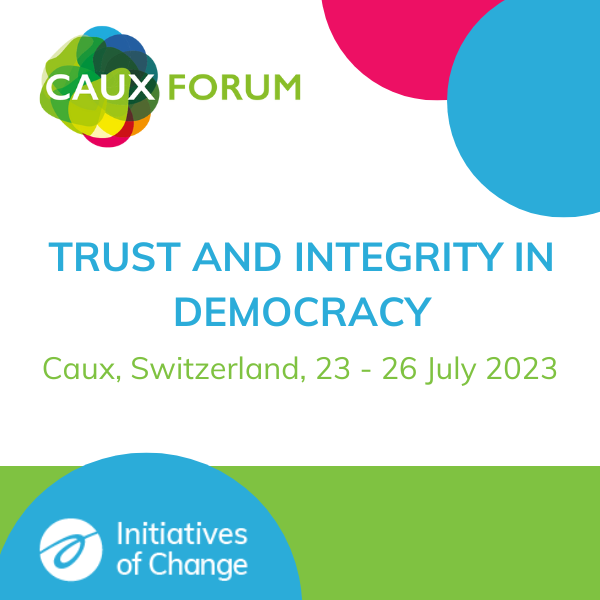Sunil Mathur of Siemens Ltd India opens the 9th TIGE conference
Siemens CEO in India stresses the need for a value-based culture in companies
01/07/2015by Esme McAvoy
 Sunil Mathur, CEO and Managing Director of the German engineering giant Siemens Ltd South Asia, opened this year’s Initiatives of Change TIGE (Trust and Integrity in the Global Economy) annual conference by sharing his company´s journey through a major corruption crisis that threatened to cripple the whole organisation. The company has, incredibly, turned that crisis into an opportunity for fundamental, value-led change. Siemens is now ranked by Dow Jones as the world’s No 1 company for best compliance.
Sunil Mathur, CEO and Managing Director of the German engineering giant Siemens Ltd South Asia, opened this year’s Initiatives of Change TIGE (Trust and Integrity in the Global Economy) annual conference by sharing his company´s journey through a major corruption crisis that threatened to cripple the whole organisation. The company has, incredibly, turned that crisis into an opportunity for fundamental, value-led change. Siemens is now ranked by Dow Jones as the world’s No 1 company for best compliance.
For Mathur, the issues at the heart of this week’s TIGE conference 'have never been more relevant than they are today'. He has worked for Siemens in various capacities for 25 years and yet even he was not prepared for the revelations of large-scale corruption that hit Siemens in 2006. Corrupt practices involving bribes to win new business contracts were alleged to be systemic throughout the Siemens organisation. 'The news hit us straight between the eyes. I was then working in the UK and we were stunned. Almost overnight, we had the Securities and Exchange Commission and the German Authorities against us. It was the last thing we imagined given the size and stature of the company.'
Ethics have always been central to Siemens corporate philosophy. Over a century ago, Siemens’ founder was quoted as saying, 'I won’t sell the future for a quick profits,' and many of the company´s biggest projects are about improving quality of life for citizens around the world, whether in designing more liveable ‘smart cities’ or designing hi-tech solutions to improve healthcare and energy efficiency. So what went so wrong?
For Mathur, it was, counter-intuitively, the proliferation of guidelines and policies that played their part: 'We had a guideline and policy or procedure for everything! But, in making so many guidelines and policies, we had lost our values. Our values were only on paper. They were not lived out in the fabric of the organisation.'
The response to the crisis from Siemens leaders was, crucially, upfront and honest: 'We have made mistakes and now we will clean our house up,' Mathur said. 'But little did they know what this would mean.' The entire board of Siemens resigned and the company was without any functioning board for an unprecedented 60 days. The company appointed a new CEO, importantly an outsider, who vowed that, 'Only clean business is Siemens business.'
Meanwhile, the company set to work on establishing global agreements on the murky areas of client relations and expenditure. Wining and dining clients was immediately forbidden and all sponsorship was stopped. 'Sales forces out there thought we’d lost it,' Mathur admits. 'They said, "How can you win client trust without taking them to dinner or to cricket?"'
The company has cut back on its multitude of procedures and policies, instead putting the emphasis on individuals to make good decisions based on personal integrity. The company now has four simple questions employees can ask themselves before making a decision, such as 'Is this the right thing for Siemens? Is it consistent with Siemens values and mine?' and, importantly; 'Is it something I am willing to be held accountable for?' Such simple but effective self-questioning builds trust in an organisation and helps people act from a more ethical position.
The in-depth scrutiny and subsequent implementation of changes were painful, costly and time-consuming for Siemens but incredibly effective. Agreements were met with authorities in a record-breaking 18 months and the company wasn´t excluded from public contracts. The company paid out a hefty 2billion Euros in penalties and legal fees but Siemens was widely praised for its remediation efforts by the regulatory institutions. The real recognition externally, however, came with its ranking in the Dow Jones Sustainability Index in 2009; Siemens was ranked No 1 under the category of compliance and risk management and has proudly maintained that position every year since - an astonishing turnaround for a company mired in corruption just three short years before.
Siemens has now started sharing their experiences in these areas of compliance and driving values-led change with other large corporations. 'It´s no longer just about getting results but how you get your results that is more important,' says Mathur. 'Policies and guidelines can only take you so far. What really counts is your value-system. Individuals living their personal values in work can make significant changes within any organisation, no matter how big. Large doors open on small hinges.'































